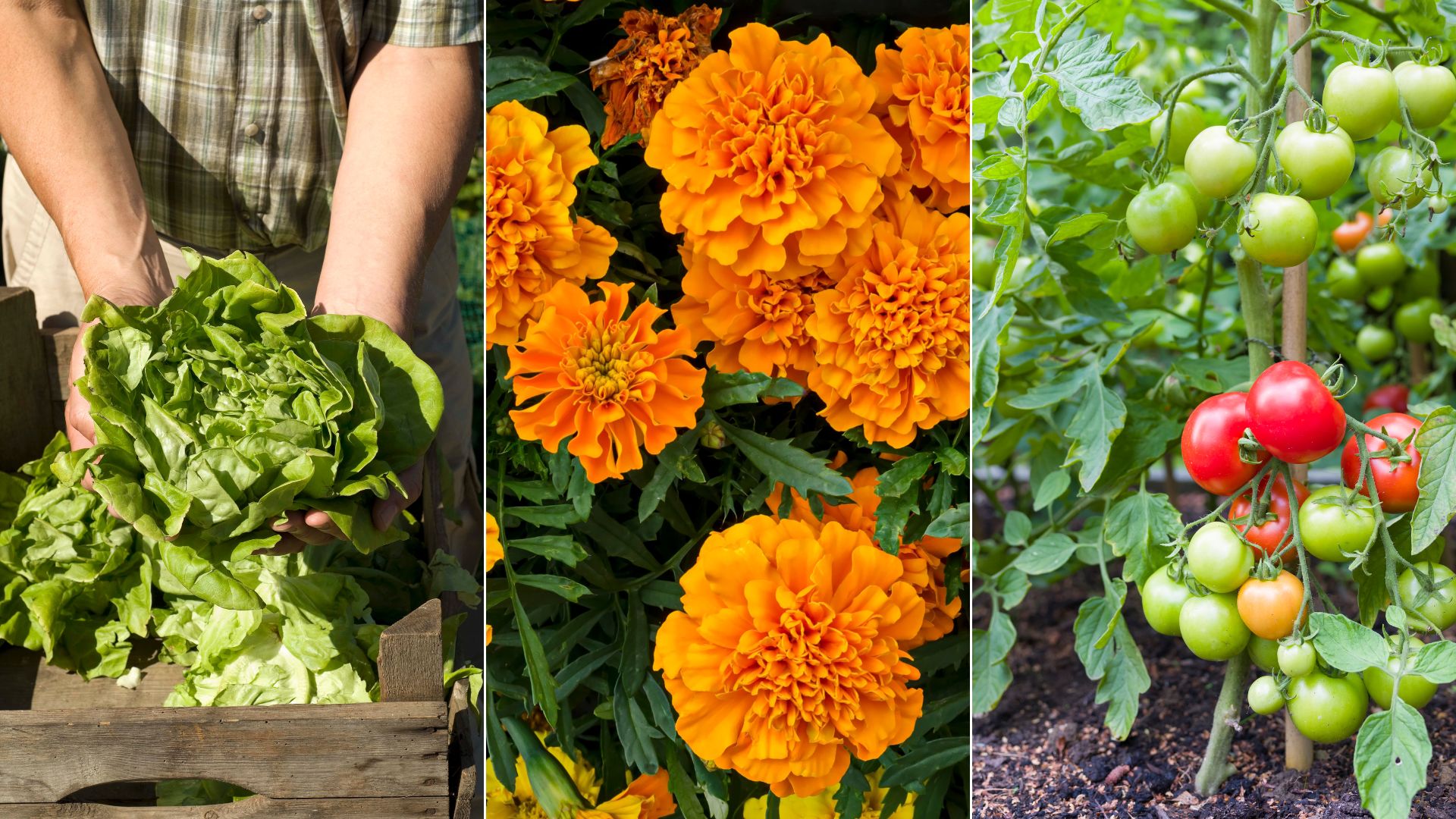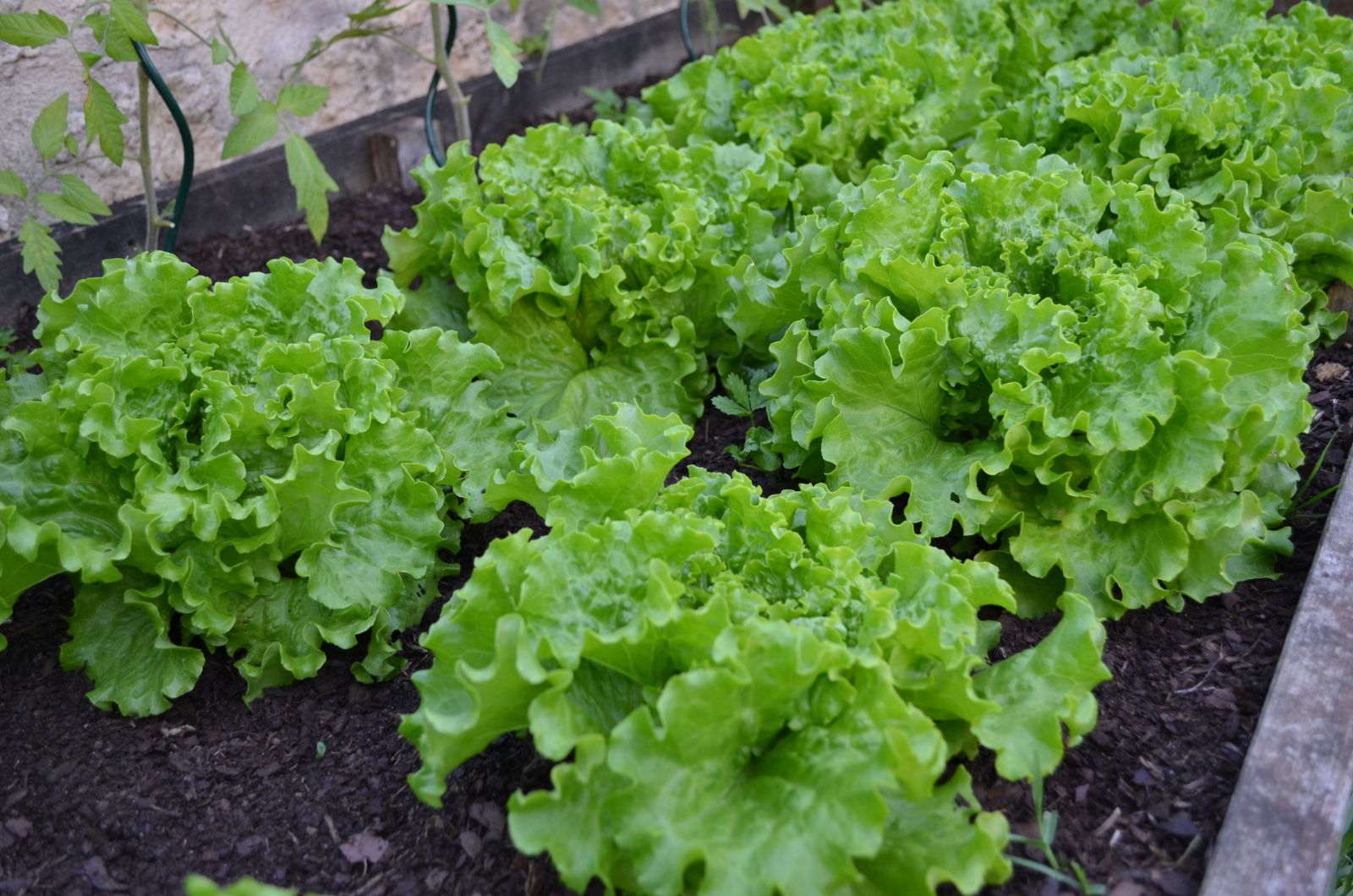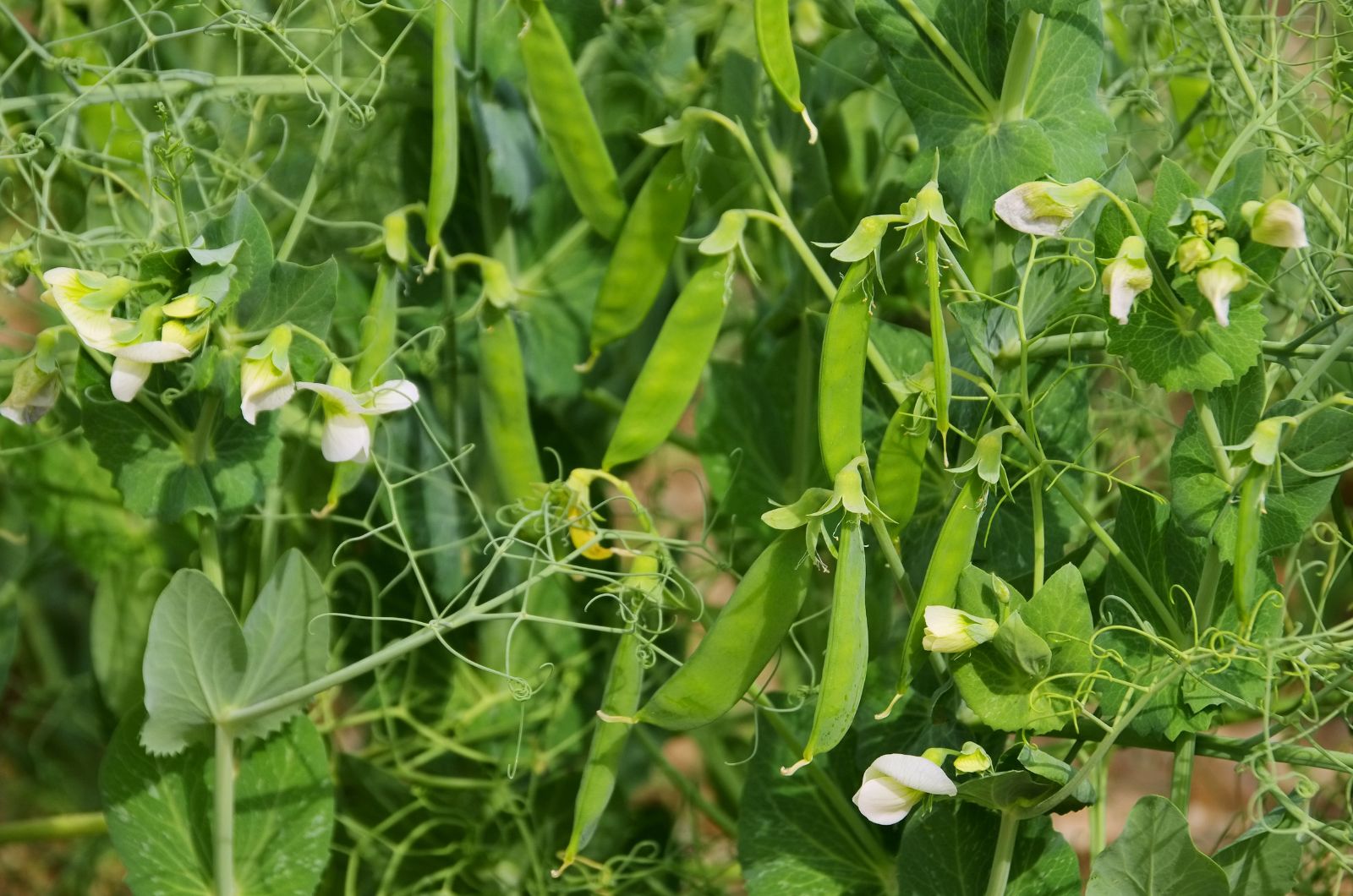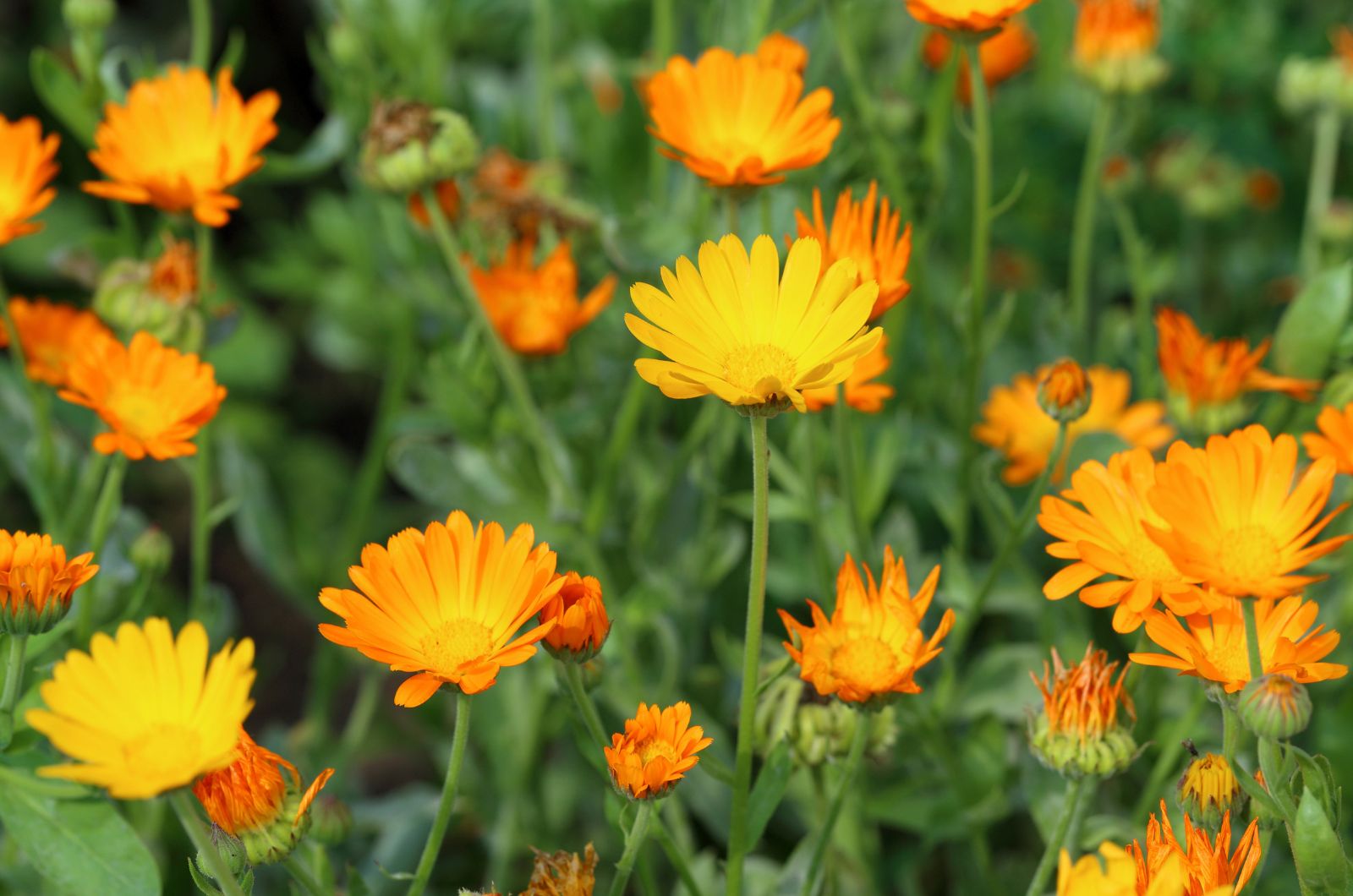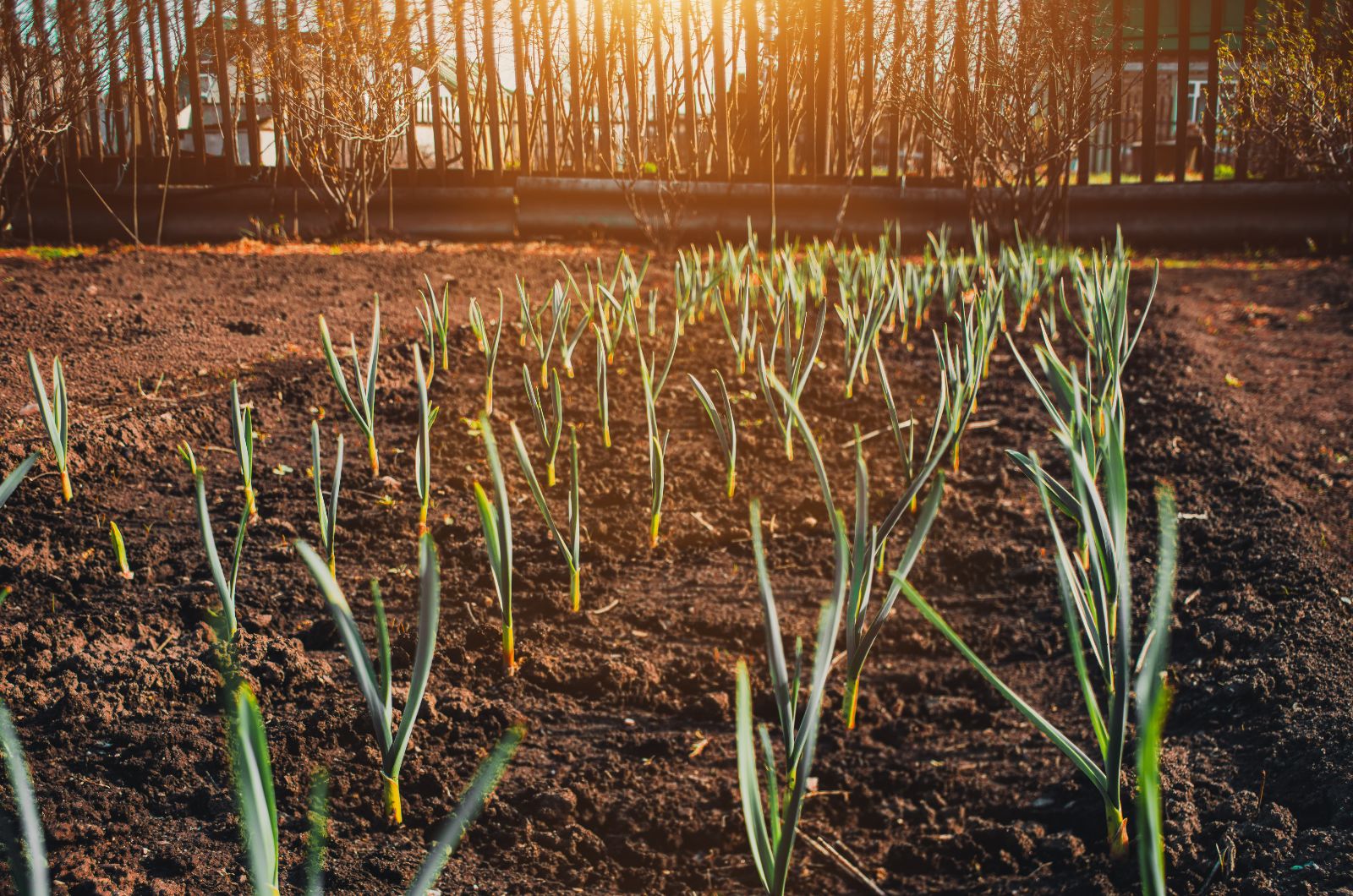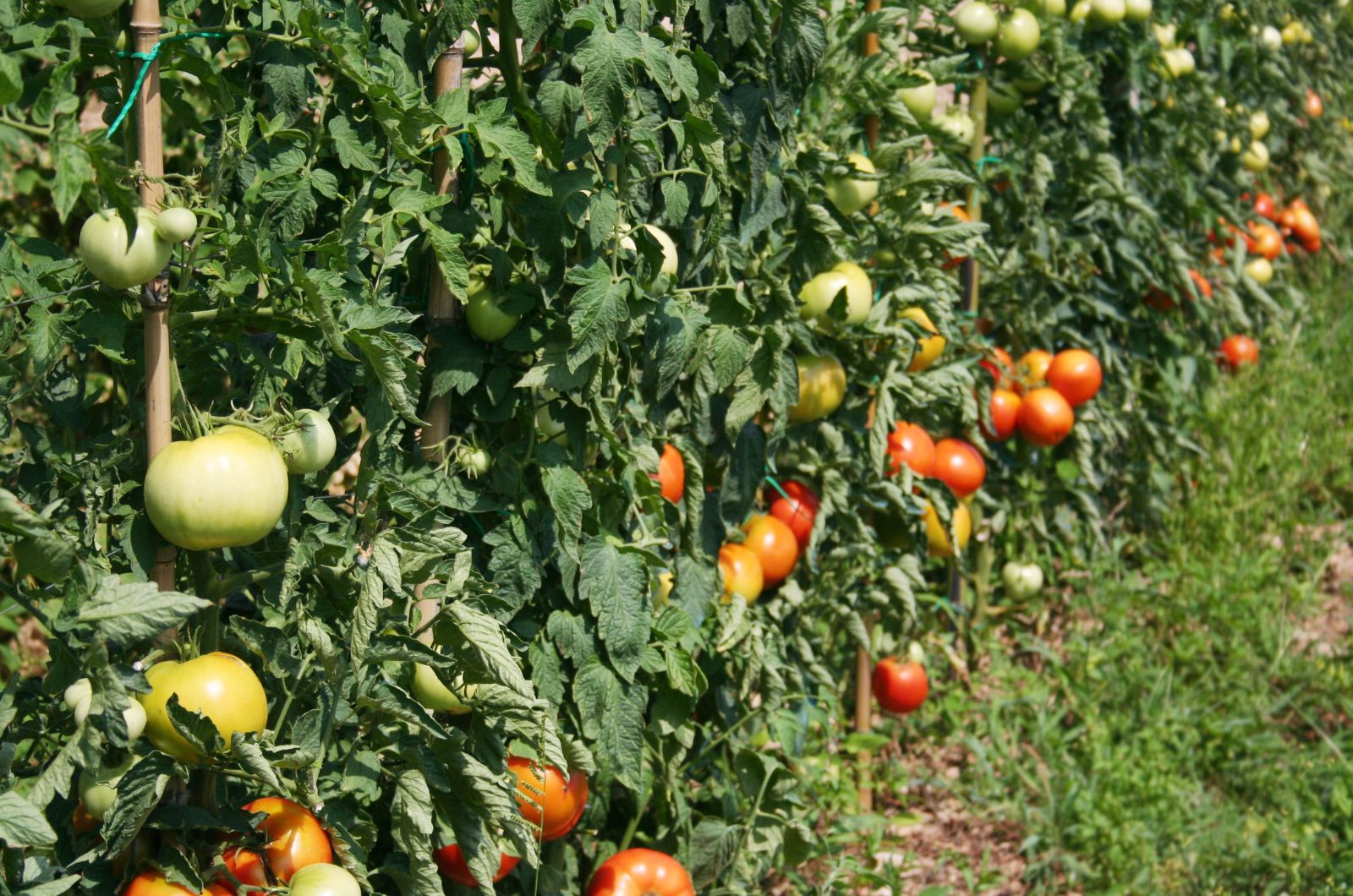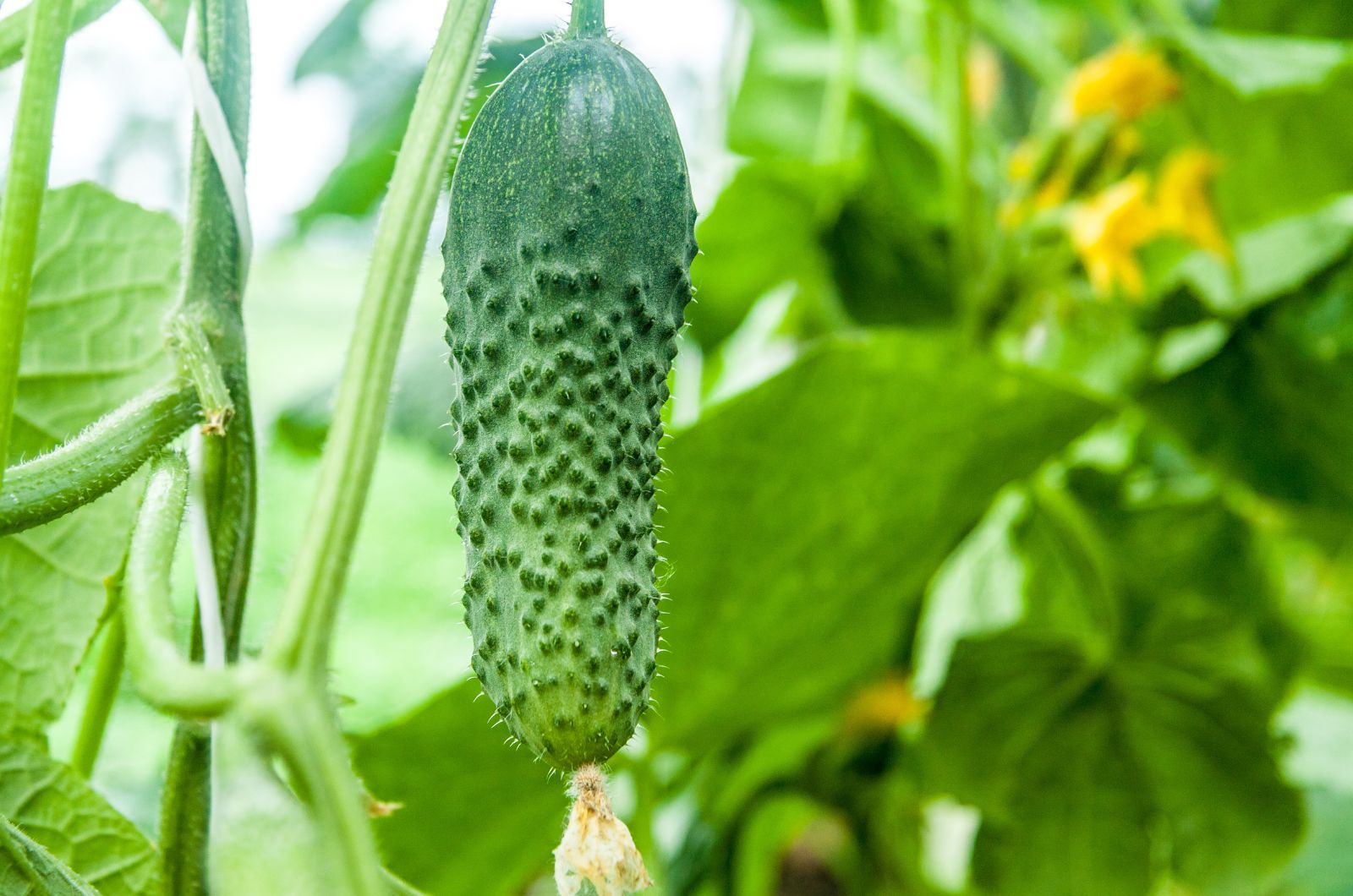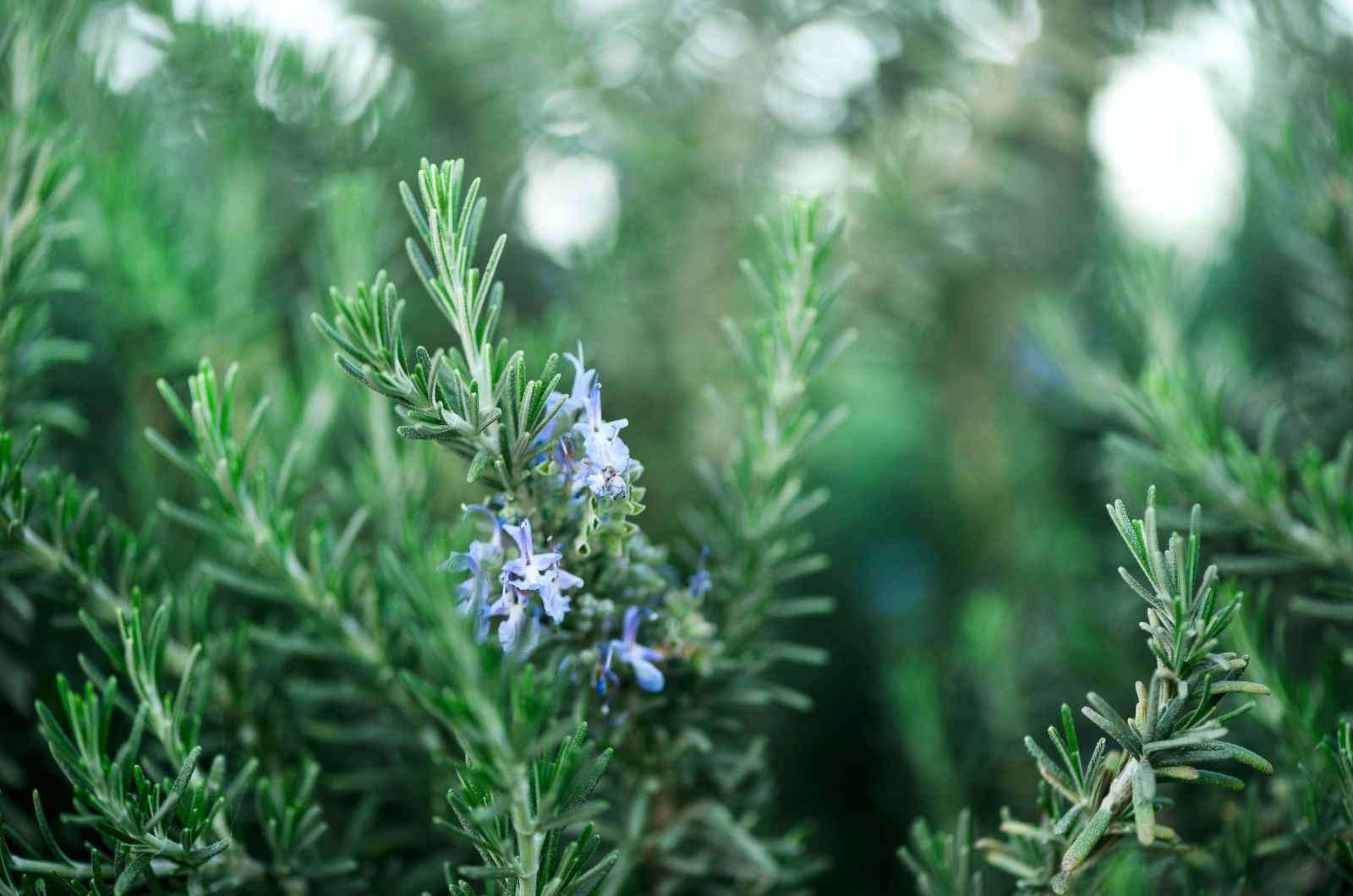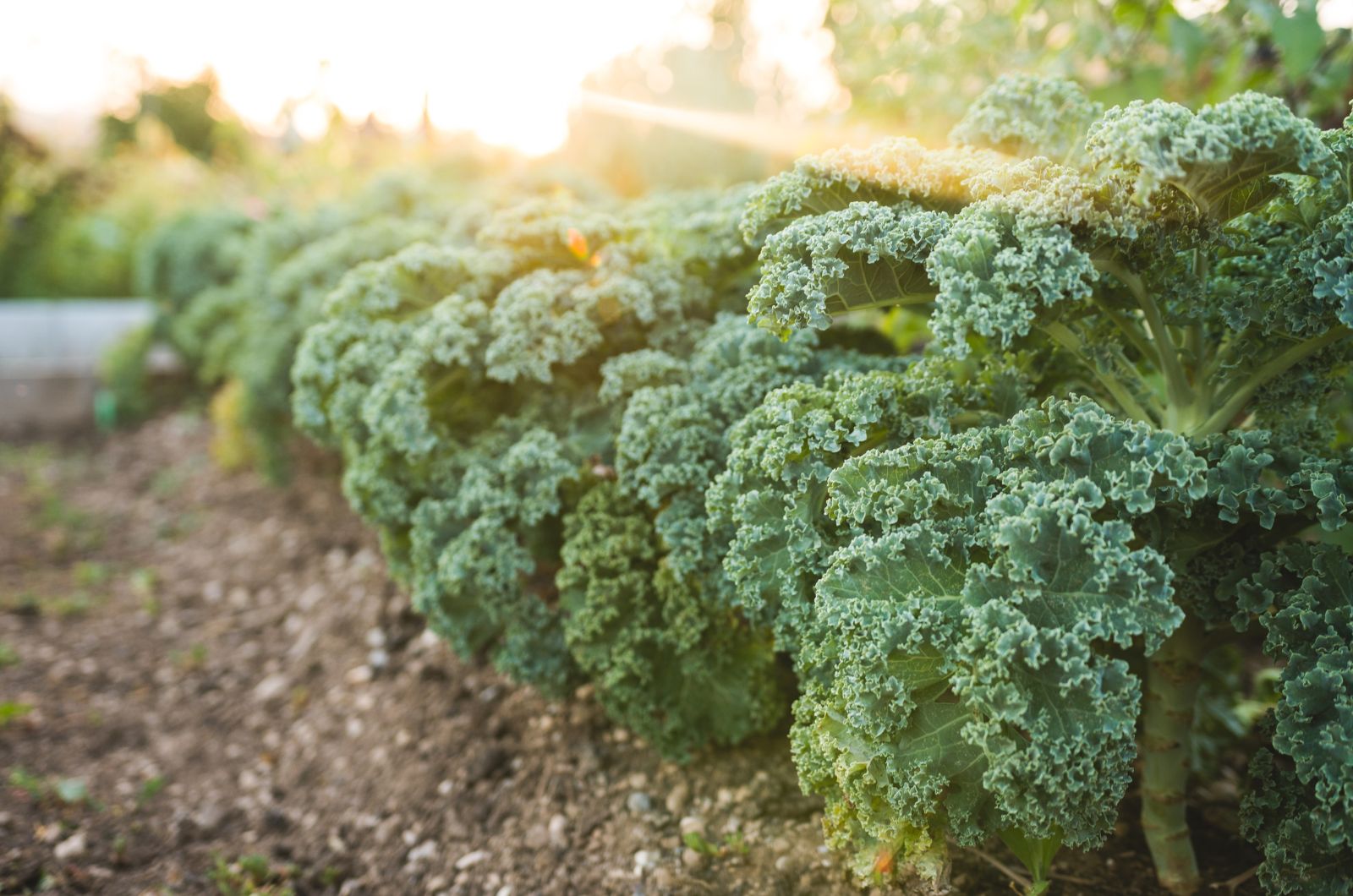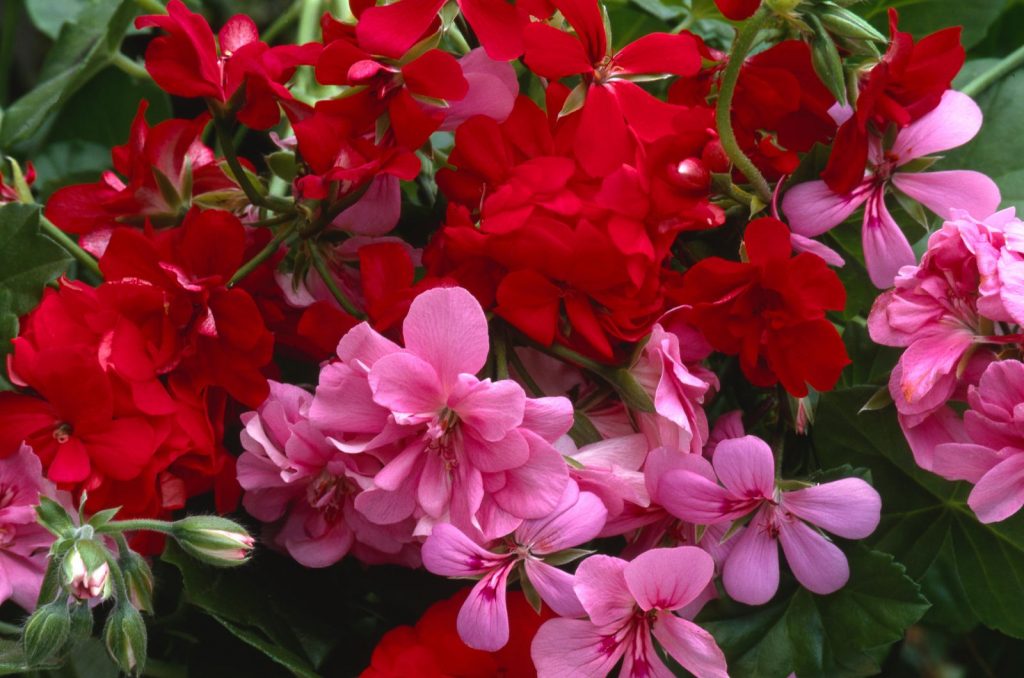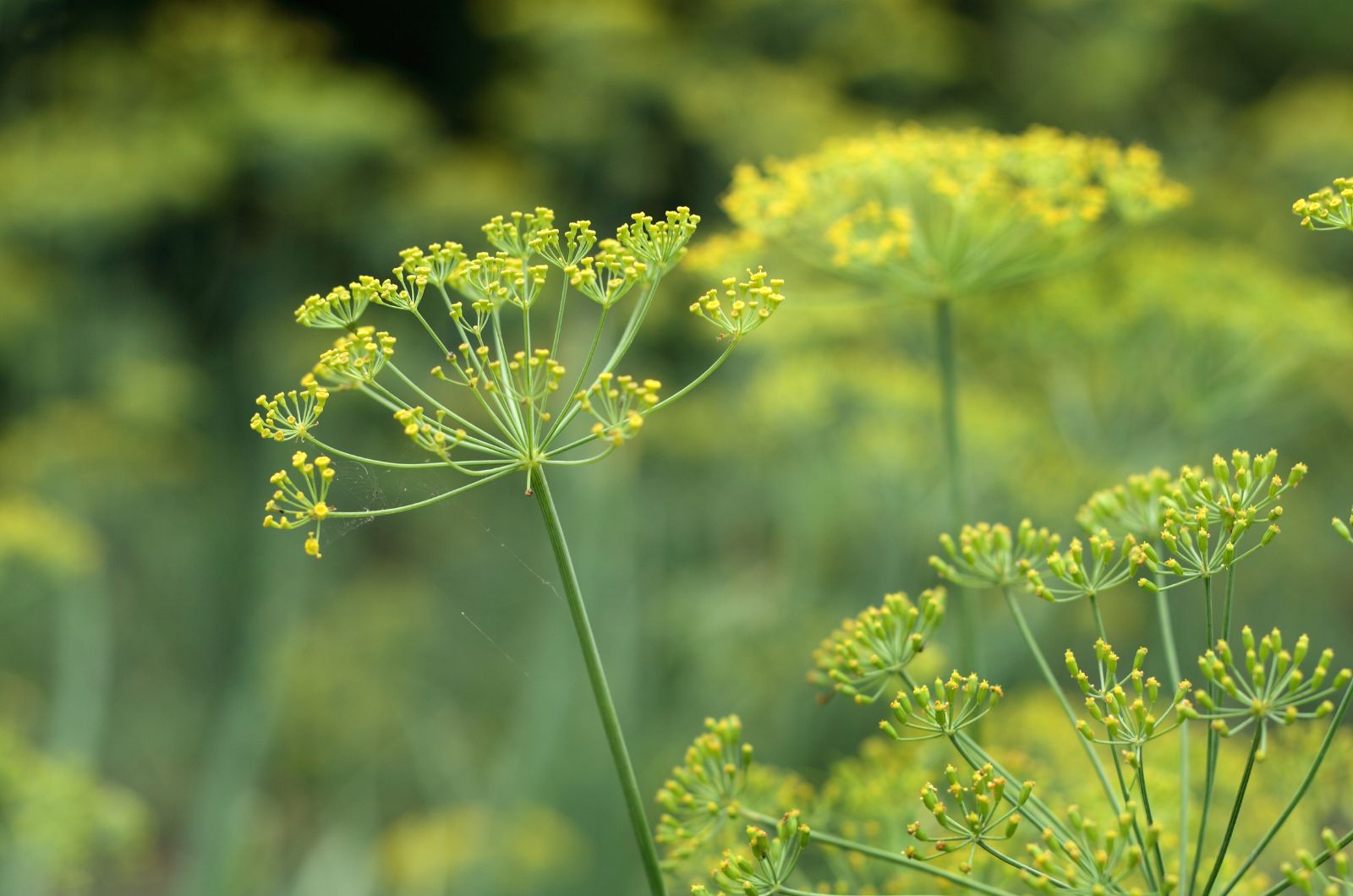If you want to make the most out of your sunflowers, then you should definitely consider companion planting. By strategically choosing companion plants for sunflowers, you can enhance their growth, attract beneficial insects, and create a healthy garden ecosystem!
These tall and vibrant sunflowers not only bring a burst of sunshine to the garden, but they also provide numerous benefits to surrounding plants. But not all plants are suitable companions for sunflowers.
In this article, we are going to cover the best companion plants for sunflowers and what plants should be avoided.
1. Basil
If you take a look at the list of basil companion plants, you’ll definitely find sunflowers there. These two are great buddies – tall sunflowers provide the shade that basil needs in order to grow properly.
In return, basil’s strong fragrance repels pests that would otherwise attack these lovely sunflowers. Their flowers also attract a lot of different pollinators.
You can also pair basil with tomatoes and peppers to enhance their flavor.
2. Lettuce
Here is a leafy veggie that works perfectly with sunflowers!
Similar to basil, lettuce also likes to be in shade to avoid overheating. Therefore, it makes sense to plant sunflowers next to lettuce.
In addition, low-growing lettuce and its broad leaves are great for preventing weed growth and water evaporation.
If you have issues with lettuce bolting, here’s how to keep your lettuce from bolting.
3. Peas
Peas are vining plants that combine very well with sunflowers. These are nitrogen-fixing plants – this means that you won’t have to use as much fertilizer for your sunflowers since peas are already busy releasing nitrogen into the soil [1].
However, it is only in trace amounts so you would still need to improve nutrient content if your soil’s fertility is poor.
Be careful not to overwater peas since they might rot very quickly. The ideal amount of water is about an inch each week.
4. Marigolds
If you want to create beautiful scenery in your garden, consider planting marigolds and sunflowers together. They complement each other visually, and at the same time provide benefits for their growth.
For instance, marigolds attract ladybugs that act as a predatory insect for aphids and black flies. In return, tall sunflowers attract pollinators that pay the shorter marigolds a visit.
If you are still not convinced, here are 15 reasons why you should grow marigolds.
5. Alliums
Alliums like chives, leeks, garlic, and onions have a prominent odor that repels creatures like squirrels and deer, which absolutely love to munch on sunflower seeds.
In return, sunflowers keep the soil cold and protect the alliums from summer heat. They are the perfect combo, especially because they don’t compete with each other for nutrients.
6. Tomato Plants
Tomatoes are little climbers that would climb up the sunflower stalks, saving you money on trellises and stakes. Sunflowers also attract predatory insects that keep the tomato plant safe.
In addition, tomato flowers also attract a lot of beneficial insects that buzz around sunflowers.
If you plan to grow tomato plants, then check out: 9 Fantastic Tomato Companion Plants For Pest Control And Increasing Yield
7. Cucumbers
Similar to tomatoes, cucumbers can also use sunflowers as climbing poles to support their growth. In addition, big cucumber leaves shade the ground, keeping it moist. They even reduce weeds!
8. Corn
Both corn and sunflowers are tall plants that don’t compete for nutrients and sunlight. Sunflowers draw helpful bugs like ladybugs, which consume corn-damaging aphids, spider mites, and fruit flies.
9. Rosemary
Both rosemary and sunflowers have aromas that can help deter certain pests. When you grow these two together, other plants in your garden are completely safe.
They can also improve the quality of the soil – sunflowers have deep taproots that help break up compacted soil and improve drainage, while rosemary has shallow roots that help prevent soil erosion and stabilize the topsoil.
In addition, they also attract a lot of beneficial insects to the garden. Plus, it is super easy to grow rosemary!
10. Kale
Kale is a member of the Brassica family, along with broccoli and Brussels sprouts. It helps keep the soil cool and moist.
Kale also prefers the shade, which is why it is ideal to grow alongside sunflowers. In addition, sunflowers attract beneficial insects that keep the kale safe.
11. Geraniums
Geraniums repel certain pests, such as Japanese beetles and mosquitoes. By planting geraniums near sunflowers, you can help protect the sunflowers from these unwanted visitors.
Geraniums also act as natural ground covers, helping to suppress weed growth around the base of sunflowers. This reduces competition for nutrients and water, allowing the sunflowers to thrive.
Additionally, both geraniums and sunflowers are beautiful low-maintenance plants ideal for all beginner gardeners out there.
12. Peppers
The last perfect match for sunflowers are peppers. Peppers are generally prone to heat damage, which is why they benefit from taller sunflowers that provide shade.
Additionally, sunflowers attract insects that protect the peppers from pesky pests. Sunflowers also have deep root systems that can help improve soil structure and drainage. This can benefit pepper plants by allowing them to access nutrients and water more effectively.
Plants To Avoid Growing With Sunflowers
Unfortunately, not all plants combine well with sunflowers. Here are some that you should avoid planting with sunflowers:
• Fennel – inhibits the growth of plants nearby.
• Pole beans – sunflowers prevent the beans from growing.
• Potatoes – sunflowers are toxic to potatoes due to their allelopathic properties. They would affect the growth and germination of potatoes. Additionally, they are both susceptible to the same pests and diseases.
References:1. Legumes & Nitrogen Fixation. West Virginia University.

